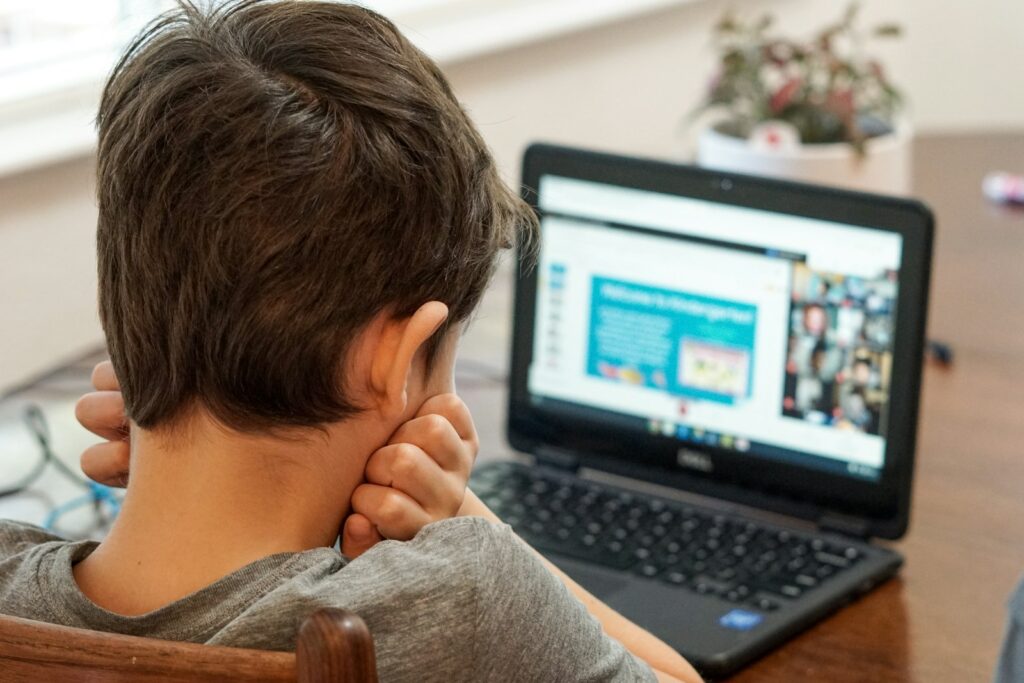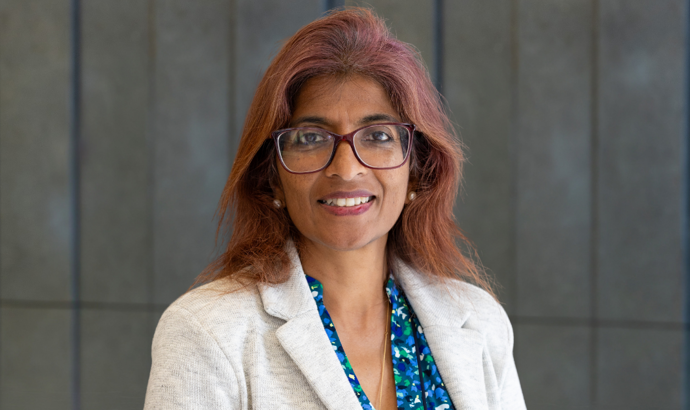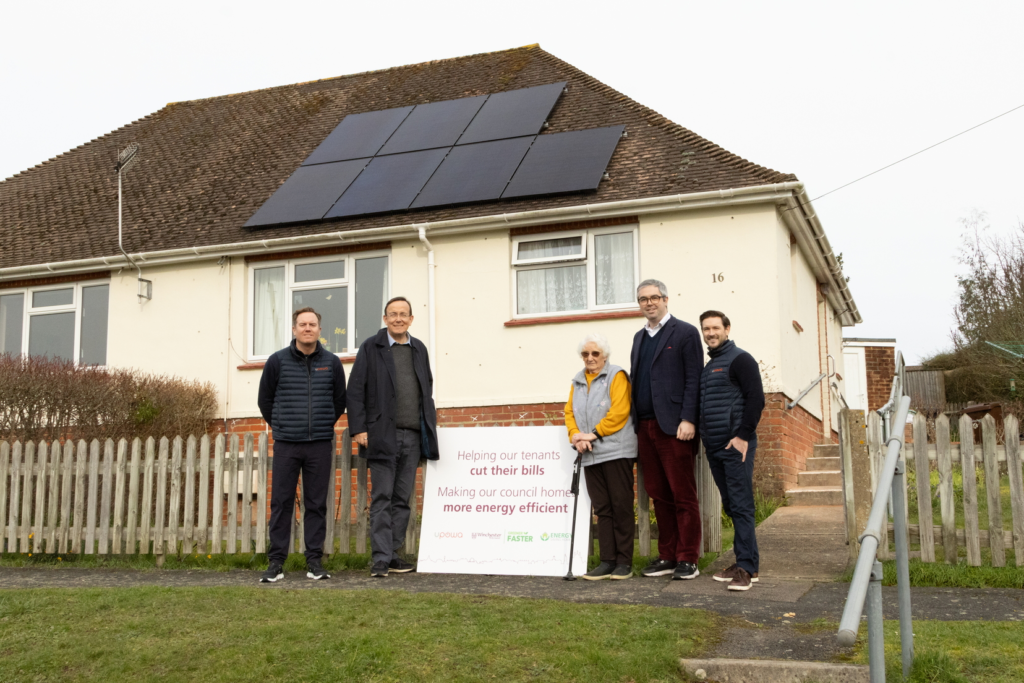Communications regulator reports on online spaces devoted to men’s issues – and the prevalence of misogyny and harm in them.
There’s growing concern over the way certain online communities enable or even actively promote misogyny. This encompasses a wide range of online content and behaviour that engages in, normalises or encourages hatred and abuse aimed at women and girls. Much of this is illegal, such as threatening behaviour and extreme pornography. But it also includes content that is legal but also harmful to children, such as content that normalises gendered violence.
Photo by engin akyurt / UnsplashAs we’ve reported before, a range of initiatives have sought to keep people safe online, such as Ofcom’s own guidelines on how tech firms should tackle online harms against women and girls. We also spoke to the developer of an app to ensure children are kept safe online. But now communications regulator Ofcom has attempted to address the issue at source, by exploring the ‘manosphere’.
This manosphere, it explains in its new report, is made up online spaces dedicated to men’s issues, and, ‘is an environment where misogynistic views may proliferate.’
Ofcom commissioned researchers at Revealing Reality to find out who engages with the manosphere, what it comprises, what attracts people to manosphere content and what the risk factors are influencing the potential for harm.
The researchers interviewed 38 men and one woman who had engaged with the manosphere to varying degrees, ranging from passive exposure to active engagement such as creating and contributing material.
The report concludes that the manosphere is not one thing but comprises a ‘fragmented array’ of sites, subcultures and ideas – which are often in conflict with one another. Indeed, many participants felt the term ‘manosphere’ unhelpfully grouped together very different kinds of content, not all of it harmful.
- Read the full Ofcom report: Experiences of engaging with the manosphere (June 2025)
These different communities have their own subculture and ideologies. They include ‘red pill’ groups focused on exposing the ‘reality’ of differences between men and women, and ‘black pill’ groups and ‘involuntary celibates’ or incels, who feel frustrated in their sex lives. By contrast, ‘Men Going Their Own Way’ (MGTOW) communities seek to entirely disengage from women.
There are then Men’s Rights Activists (MRA), Pick Up Artists (PUA), ‘Looksmaxxers’, and other groups relating to self-improvement, masculinity and gender politics. The report provides full details.
Despite this wide range of different, sometimes sparing communities, what united the participants was what draws people to this kind of content. The report highlights the importance of perceived ‘entertainment’ value: humour, irreverence, open debate and discussion. Many participants also felt a connection to expressed views on gender roles and family dynamics, and it was also felt that the manosphere provided a space for positive conversations about masculinity, self-improvement and personal agency not available elsewhere.
In emphasising the ‘entertainment’ value of this material, many participants said they did not take online content too seriously or at face value. Many said it did not influence their own views, though some accepted that certain content might influence others, such as song lyrics that were sexualised or misogynistic.
But the report then explores the behaviour of people in these communities, outlining how some can set barriers to entry, or adopt specific language and in-jokes, which effectively encourages conformity. It warns that those socially isolated in the offline world are at greater risk of engaging more deeply with these online communities – and so are at greater risk of adopting harmful views.
Understanding this landscape and these factors is, of course, of great value in tackling online misogyny. It will inform Ofcom’s ongoing work to regulate the sector and enforce the law.
In related news:
South Tyneside Council is using drones to stop anti-social behaviour


















Leave a Reply